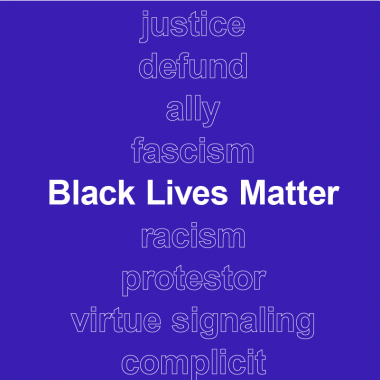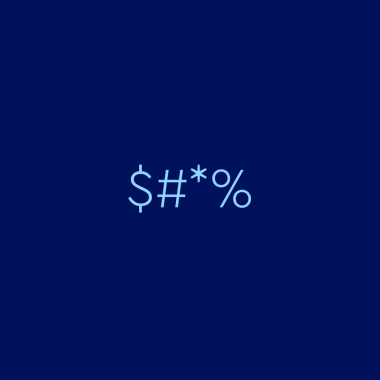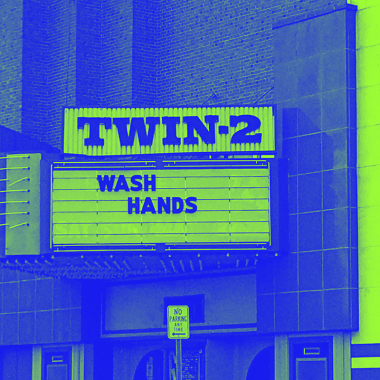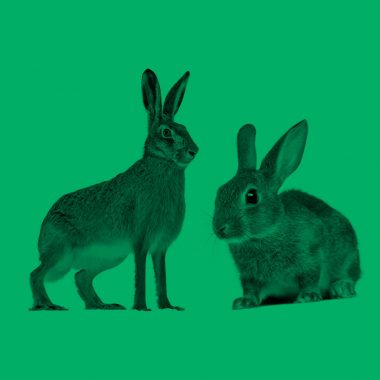How The George Floyd Protests Have Powerfully Changed Search Trends on Dictionary.com
The protests against racism and police brutality, spurred by George Floyd—a Black man who was killed after a white police officer, Derek Chauvin, kneeled on his neck for nearly nine minutes—have expanded in size and scope across the entire world. The protests have, in turn, spurred the beginnings of everything from deep, uncomfortable reflections to institutional change and reform. And Dictionary.com has seen significant search …











